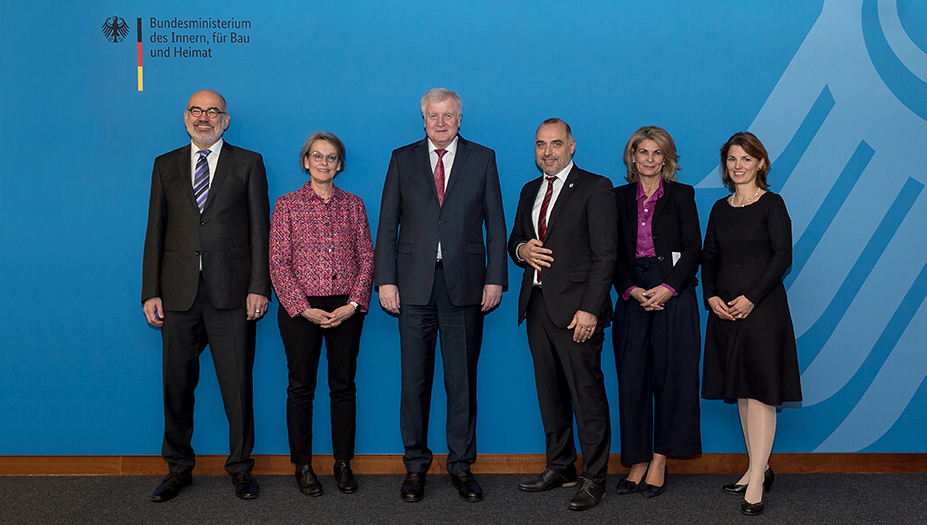Transition from working life to retirement is an important aspect of demographic development. To gain more insight, German Federal Minister of the Interior Horst Seehofer met with a small group of experts from science, local government and business. Ursula Staudinger was invited as aging scientist and contributed important scientific findings on the plasticity of human aging and the productivity in older age to the discussion.

Focus on entire working life
During the discussion they talked about how to make better use of the new potential of a society of longer lives. Ursula Staudinger argued that business and politics should promote a culture of appreciation, development and learning over the entire working life. “Variety throughout our vocational careers as well as new tasks for our work routines help counteract the age-related cognitive decline,” she said. It was important to look at the entire working life and create new occupational paths. This would allow for lateral careers as well as (insured) breaks for education, family or personal projects.
At the same time, the legal retirement age should be gradually adapted to the increased life expectancy, Staudinger said. It was, however, decisive to hold onto a legal retirement age. This would allow people to stop working without justification and sustain the change of generations. Yet re-entering paid work after retirement should be facilitated for all those who would like to.
Shaping the gained years of life is an important task for all
Ralf Paul Bittner, mayor of an awarded age-appropriate community, and Marion Kopmann, founder and managing director of a consultancy for continued employment and education for older people, also participated in the expert discussion. All participants agreed that the abilities and talents of older people should be better acknowledged, used and promoted within our society. Shaping the gained years of life is an important task for all of us. The impact of demographic change also poses a challenge for public service: About one third of the Ministry of the Interior’s employees will retire by 2030.